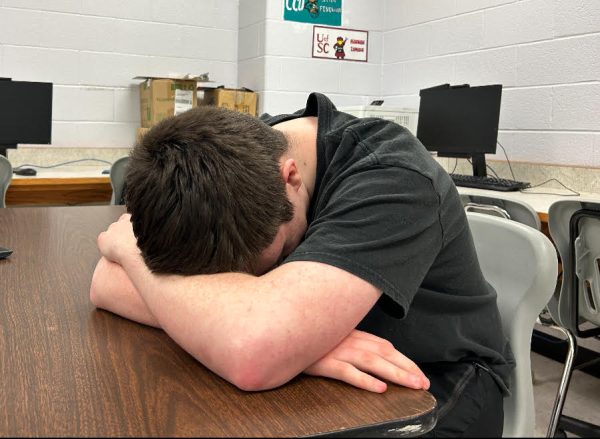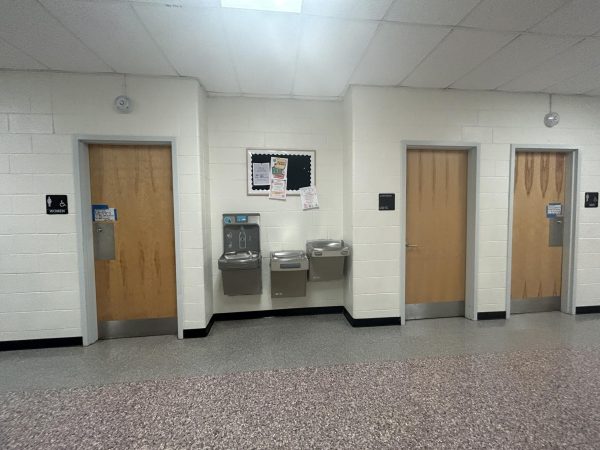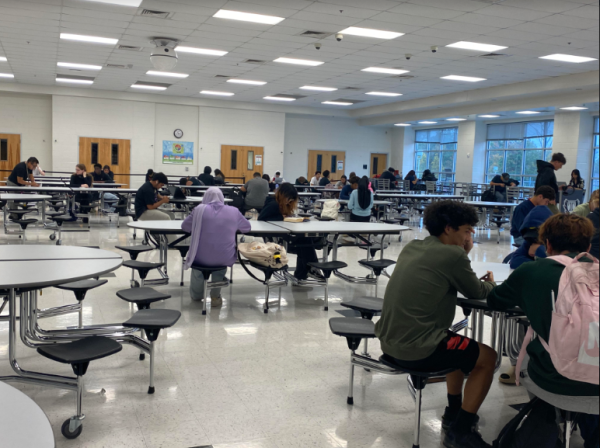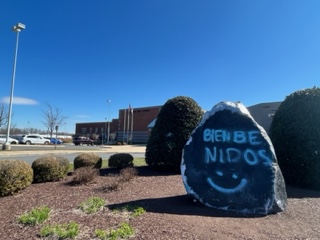Gripes with Group Projects
Group projects are a common trend among teachers at Dominion High School. They believe that by assigning group projects, students learn to better interact with each other in order to achieve a good grade. However, what many teachers turn a blind eye to is the fact that many students involved in group projects do little to no work.
There are two ways that groups can be put together inside the classroom for projects. Either the teacher randomly assigns students to groups, or students are allowed to select the people that they want to work with. The problem with randomly assigned groups is that more often than not, there is typically one person who does the majority of the work, while everyone else sits back and watches. This is unfair to the students who do the entire project because although they were the ones who completed the assignment, everyone else gets credit for their work.
In contrast, when students are able to select their own groups, they typically choose to complete the assignment with their friends. This method of choosing groups is better because the students know what they are getting into when they select their group members. The smarter more academically inclined students will pick friends who they know will put in effort, while the students who don’t do their work will choose each other. This way, everyone gets the grade that they deserve, rather than earning a grade without doing any work.
Recently however, many teachers have begun to ask each student in a group to rate their fellow group members. For example, Ms. Young-Lutz, the environmental science teacher assigns students to fill out a small worksheet with three questions that allow students to have input on their peers’ grades.
- Did everyone in your group participate?
- List two things that went well.
- List two things that you felt did not go well and explain why.
This mini-questionnaire allows students to anonymously tell their teacher whether or not everyone in their group was participating.
Hopefully in the future, more teachers will adopt these three questions to utilize in their classrooms. By doing this, students will be more honest about how much effort their peers are putting in, and students will also work harder to earn a better grade.













